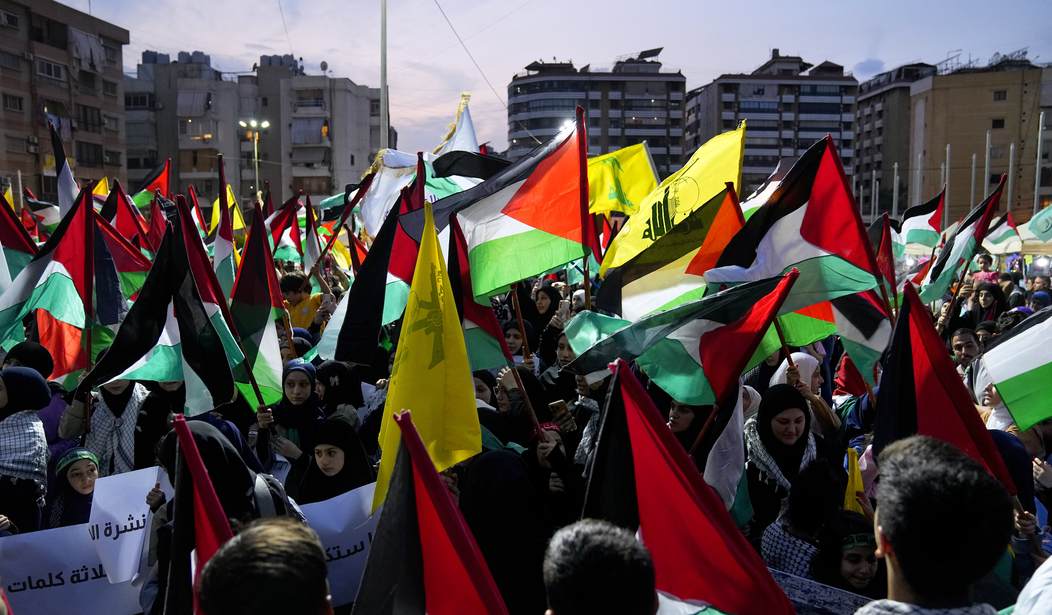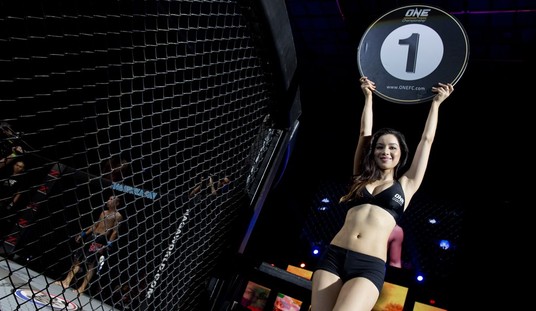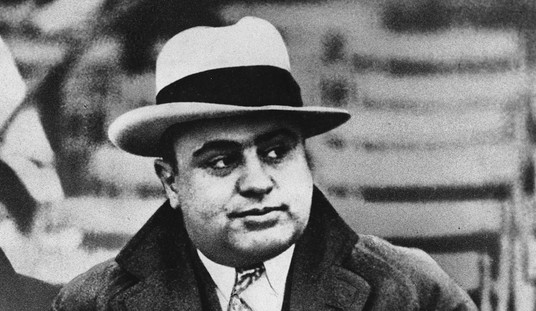With the current war between Israel and Hamas, the topic of radical extremism is once again on the international stage. The conflict has already claimed over 1,000 lives and will likely become a landmark in the history of Middle Eastern geopolitics.
The war has also served to reintroduce Iran-backed militant group Hezbollah, which seems to be flirting with becoming more involved in the fighting. The group has been exchanging fire with Israeli forces on the border with Lebanon since shortly after Hamas launched its surprise attack on Saturday. So far, these have been smaller skirmishes.
But there is speculation as to what could happen if Hezbollah decides to ramp up its attacks against Israel, which would make the group a significant player in this matter. This article will provide a short primer on Hezbollah, which is one of the most prominent terrorist groups in the world.
Hezbollah’s History
Hezbollah, which means “Party of God” in Arabic, has been an important part of Lebanon’s government since 1992. The group’s mix of political ideology with military might has made it unique among terrorist organizations. It was born in response to Israel’s invasion of Lebanon, which began in 1978 when it was clashing with the Palestinian Liberation Organization.
However, it was during Lebanon’s civil war in 1982 that Hezbollah arose and began carving out a niche as a formidable Shiite force. The movement was largely inspired by the Iranian Revolution and sought to promote similar values and religious zealotry in Lebanon’s diverse society.
Hezbollah’s ideological underpinnings were based on the concept of velayat-e faqih, or Guardianship of the Islamic Jurist. This is a system of governance that emphasizes the rule of the clergy over the state – an Islamic theocracy. It is the same structure that is used in Iran, which is Hezbollah’s primary backer.
The organization soon grew beyond a mere resistance movement; it started pushing for the creation of an Islamic state in Lebanon and formed a strong loyalty to Iran’s former Supreme Leader Ayatollah Khomeini. In essence, Hezbollah has acted as a military and political arm of the Iranian regime.
Since its inception, the organization has evolved and grown exponentially. It is now a political and military powerhouse in Lebanon that wields tremendous levels of influence on the country’s government and society.
Terrorist Attacks
Hezbollah has been designated as a terrorist organization by several nations, including the United States. It has a lengthy history of being involved in violent extremism around the world. Most of its attacks are launched against Israel and the United States.
In 1983, Hezbollah carried out a deadly bombing at a Marine barracks in Beirut. The attack killed 299 people. In the same year, the organization conducted an attack on the U.S. embassy in the same city, taking 63 lives. These atrocities were not mere military strikes — this was the organization’s way of announcing its arrival on the world stage.
Hezbollah targeted a Jewish community building in Argentina in 1994, which highlighted the organization’s worldwide reach and operational capabilities. The terrorists killed 85 people. These are only a few of the many terrorist attacks the organization has carried out since its founding. But the group does not only conduct attacks such as these; it has also fought a full-on war with Israel.
War With Israel
Israel is Hezbollah’s primary enemy, and the two entities have clashed on numerous occasions. Hezbollah’s enmity toward the Jewish state is a central element of its identity. This is not a simple military issue but an ideological commitment. Its manifesto, like Hamas' charter, emphasizes the “eradication” of Israel.
Hamas' 1988 charter calls for the destruction of Israel, according to the Council on Foreign Relations.
Steven Cook, a senior fellow for Middle East and Africa studies for the council, said in 2021 that Hamas "sees all of Israel and Palestine as Muslim lands, and thus the illegitimacy of Israel and Jewish claims to those lands."
In 2006, the Lebanon War began. It was a 24-day military confrontation marked by destruction and casualties. It also revealed the extent of Hezbollah’s military evolution, which shocked the world. With an arsenal of rockets and missiles, the organization showed a surprising level of military prowess that it had not displayed previously.
However, even this was not enough to achieve its goal of destroying Israel. Indeed, the fighting left the organization with about 1,500 casualties and a severely damaged infrastructure in Lebanon. Still, the war established Hezbollah as a true threat to Israel and its allies.
Political Influence in Lebanon
Along with becoming a major military power, Hezbollah has managed to amass a significant level of influence in Lebanon’s government. The group operates social services, schools, and hospitals. It has endeared itself to the populace by positioning itself as a guardian of Lebanese welfare. It is a critical part of the organization’s strategy to win public support and legitimize its activities.
Hezbollah has managed to consolidate its power in the Lebanese government. At times, it has held the majority of seats in the Parliament. However, in 2022, it lost its majority. As a state within a state, the group’s influence extends far beyond the country’s borders.
Hezbollah, the Shi'ite Amal Movement, the Christian Free Patriotic Movement and a number of other MPs considered to support the group's armed presence in the country now hold around 62 seats, compared to 71 in the outgoing parliament.
Hezbollah’s status as a political entity within Lebanon and a military force internationally has raised complex questions about its status on the world stage.
Terrorism and Drugs
Hezbollah has woven an intricate web of funding sources. It receives much of its money from the Iranian regime. However, the organization also obtains funding through an extensive portfolio of criminal activities.
Its involvement in the international drug trade, in particular, has become notable. It has been linked to drug trafficking operations in South America, Europe, and the Middle East. It does not only use these operations to earn money but also to expand its influence around the globe. The fusion of criminal enterprises and terrorism financing makes Hezbollah a more threatening force.
Even further, Hezbollah’s presence in South America has allowed it to use certain areas as recruiting and training grounds. Indeed, it has strategically exploited the geographical and social landscape of South American countries to further its interests. Its primary operations take place in the Tri-Border Area (TBA), where Argentina, Brazil, and Paraguay intersect. The strategy involves seizing on the area’s socio-economic dynamics.
The TBA is home to a substantial portion of the Arab diaspora, which makes it easier for Hezbollah to recruit from its ranks. They use ethnic and religious commonalities to leverage grievances, ideological affinities, and economic woes to radicalize people and bring them into the organization’s ranks.
There has been significant and well documented reporting on Hezbollah's financial ties to the contraband center of the Tri-Border region of Paraguay, Argentina, and Brazil, the contributions of the Lebanese diaspora communities on Isla Margarita and elsewhere, and the significant profits Hezbollah has derived for some time by taxing a range of illicit activities among the Lebanese diaspora communities.
The organization also trains in this region. Training covers guerilla warfare tactics, intelligence gathering, bomb-making, and others. Ideological indoctrination is also a key component of Hezbollah’s onboarding process.
Hezbollah remains one of the world’s most prominent and lethal terrorist organizations. With the current war in Israel, its possible involvement could create an even more precarious situation for Israel. However, the group is also known to be calculated and meticulous in its movements, so there is a chance that it will sit back and bide its team. Either way, the future threat the organization poses to Israel and the West remains active.












